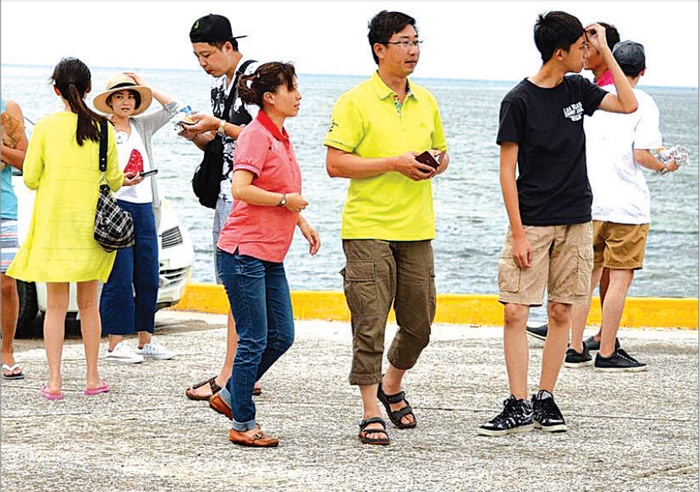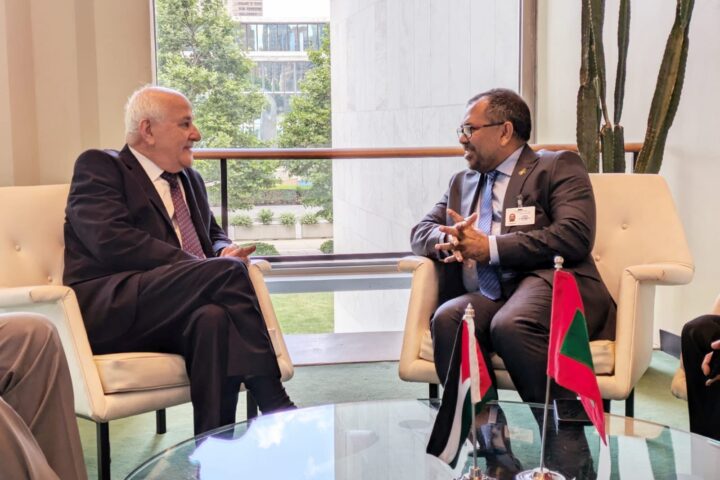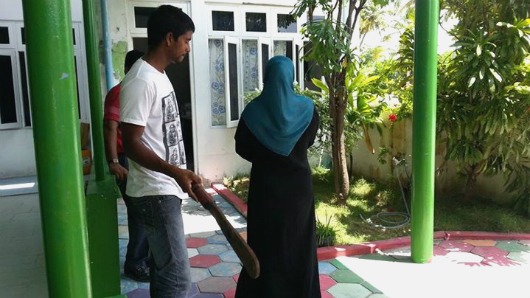Dependent on Chinese tourists for nearly half of its pre-pandemic tourism, the Commonwealth of the Northern Mariana Islands (CNMI) is navigating a delicate balance between security concerns and economic realities. In an exclusive interview with VOA, CNMI Governor Arnold Palacios addressed the ongoing debate over the visa waiver program, which allows Chinese nationals to enter the U.S. territory without a visa for up to 14 days.
Governor Palacios, acknowledging the importance of tourism as the backbone of the CNMI economy, shed light on the economic challenges posed by potential changes to the visa waiver program. He emphasized that Chinese tourism, despite being a significant economic driver, is not without its challenges, especially with security hawks in the U.S. Congress expressing worries about the program being a potential backdoor for espionage.

In response to these concerns, Palacios outlined his efforts to reduce dependency on the Chinese market, citing the economic repercussions faced by Palau after altering diplomatic ties with Taiwan. However, he stressed the stark reality that, currently, there is no immediate revenue source to replace the income derived from Chinese tourism.
Addressing security concerns, Governor Palacios revealed that a more robust pre-screening program, EVS-TAP, is under review. He proposed a middle ground where enhanced security measures could be implemented without severing the economic lifeline provided by Chinese tourism. Palacios highlighted the importance of collaboration with the Department of Homeland Security, acknowledging their potential strain and suggesting the involvement of local personnel to support security measures.
In the face of potential economic downturn, Governor Palacios expressed his concerns about the impact on the CNMI’s economy, leading to sacrifices in government operations and public services. He underscored the historical role of Chinese businesses in the CNMI’s economic activities and urged federal partners to consider the local impact while addressing national security concerns.
Governor Palacios remains hopeful for a policy that strikes a balance between national security standards and the preservation of the CNMI’s economy. In a plea to federal partners, he emphasized the need for understanding and collaboration to navigate the complex interplay between economic dependence on Chinese tourism and the imperative to address security risks.













